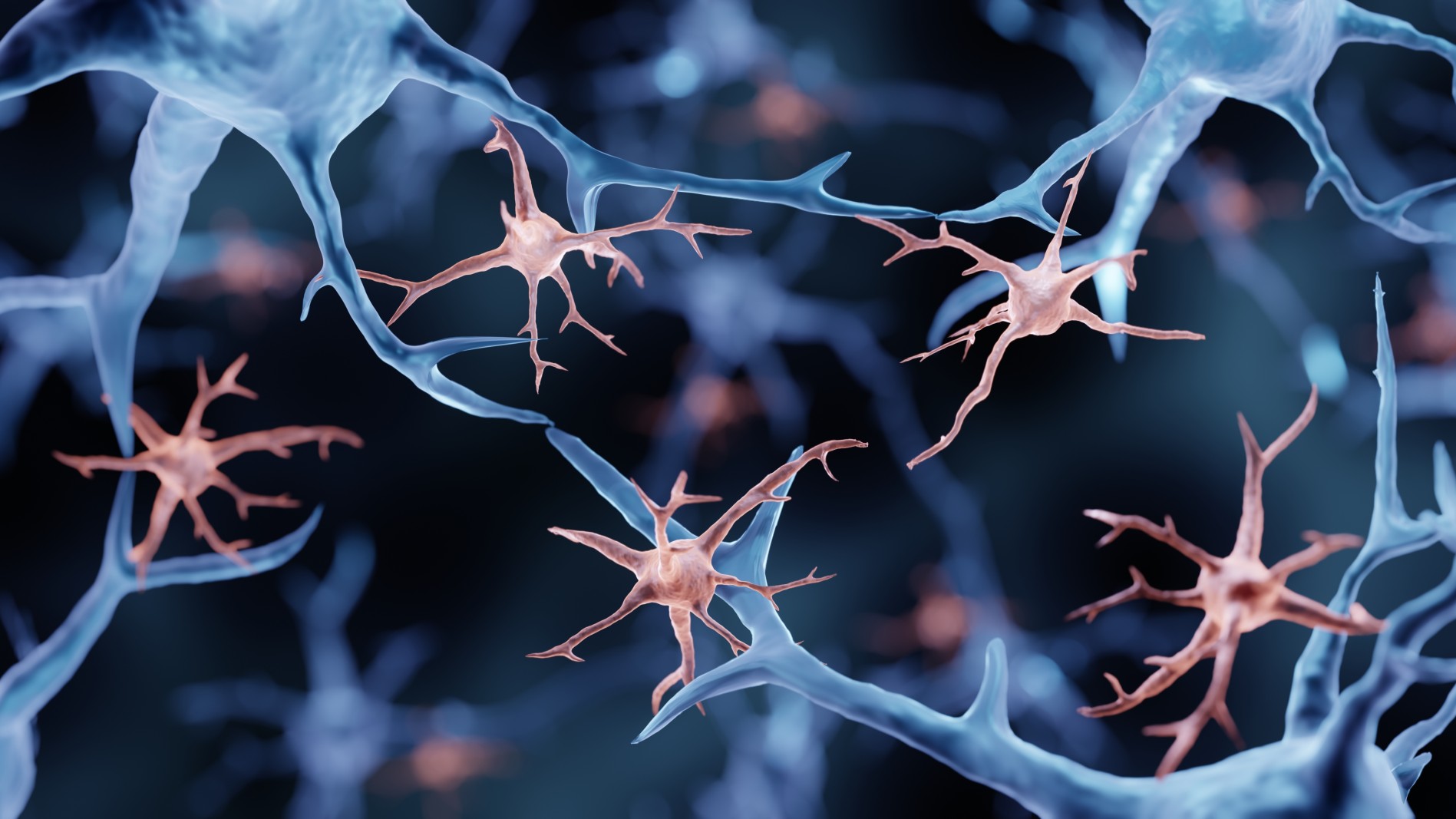Anxiety

Here's the latest news on the science of anxiety, who it impacts and possible treatments.
Latest about anxiety

Do animals suffer mental health problems?
By Rachel Blaser published
Animals can be born with genetic or developmental issues that make it hard for them to live normal lives. They also can develop mental health problems in response to conditions around them.

Hypnosis is real — and it can help with IBS, poor sleep and anxiety, experts say
By David Acunzo published
Hypnosis is safe and can work as both a standalone or a complementary treatment with other therapies.
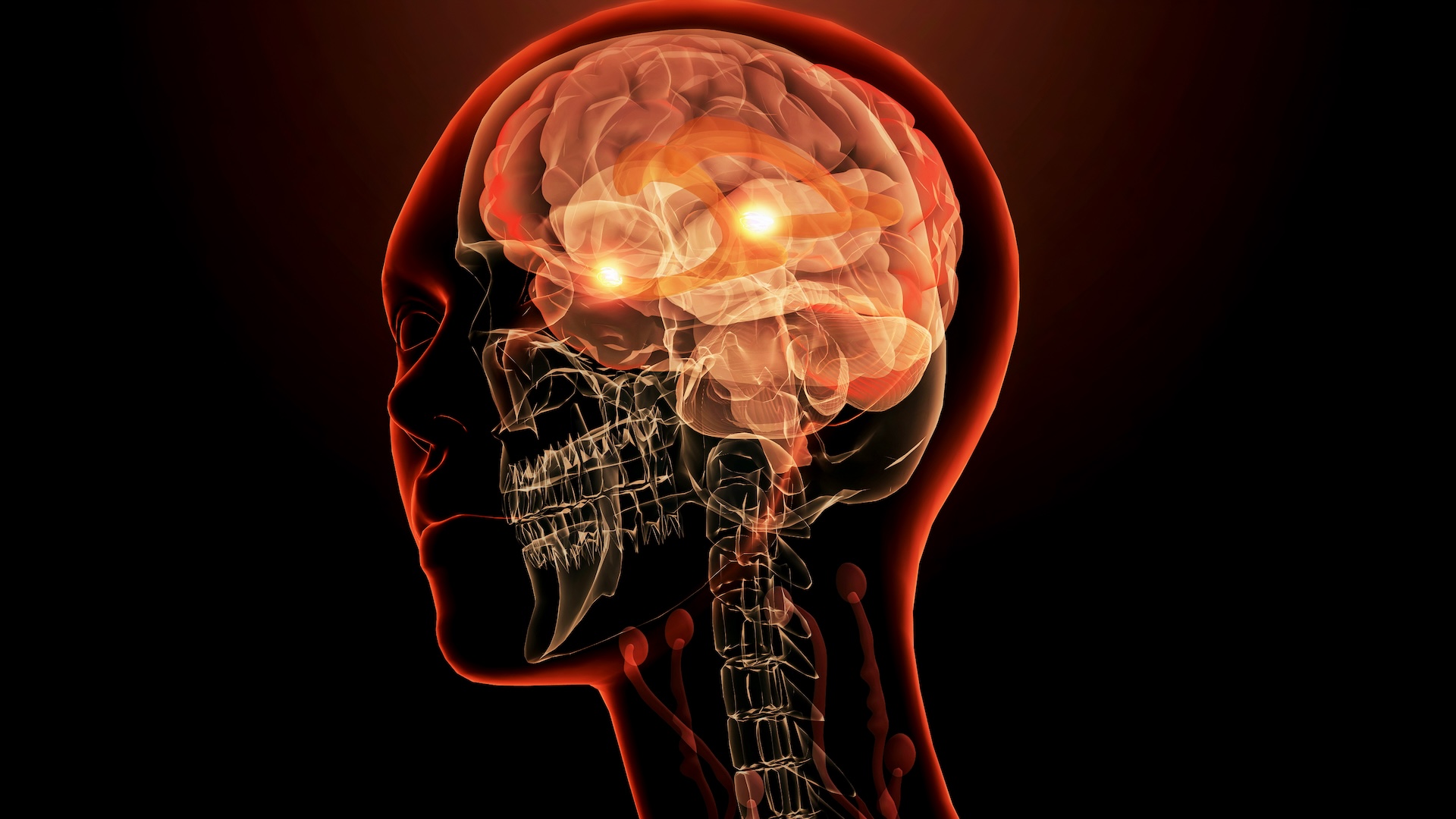
'This is largely uncharted territory': Scientists reveal the brain's 'fear circuit' works differently than we thought
By Jennifer Zieba published
New methods applied in live mice suggest that molecules called neuropeptides, not neurotransmitters, play the main role in our response to danger.
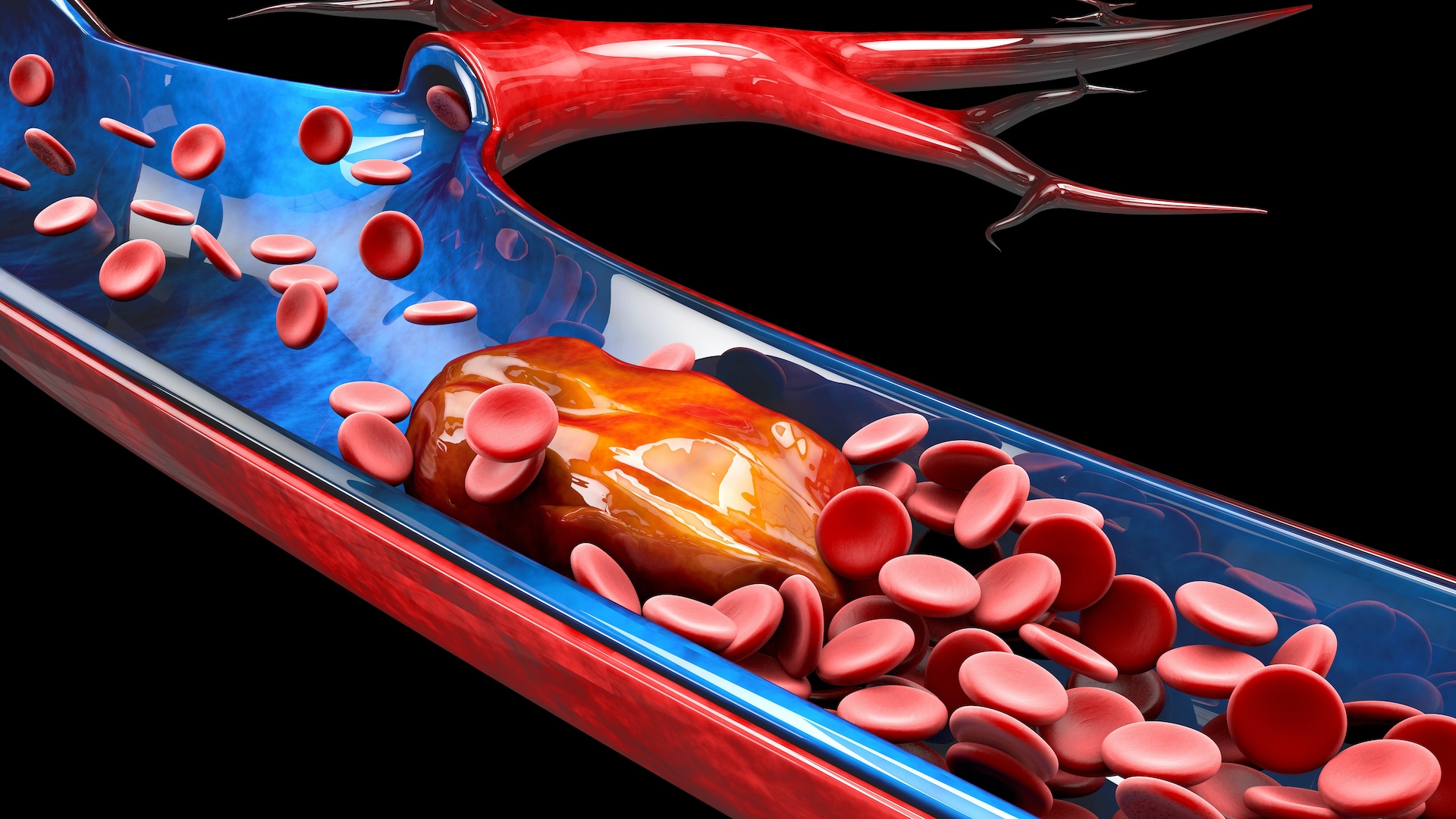
Anxiety and depression raise the risk of dangerous blood clots, study finds
By Michael Schubert published
Recent research has drawn a link between anxiety, depression and an increased risk of deep vein thrombosis.
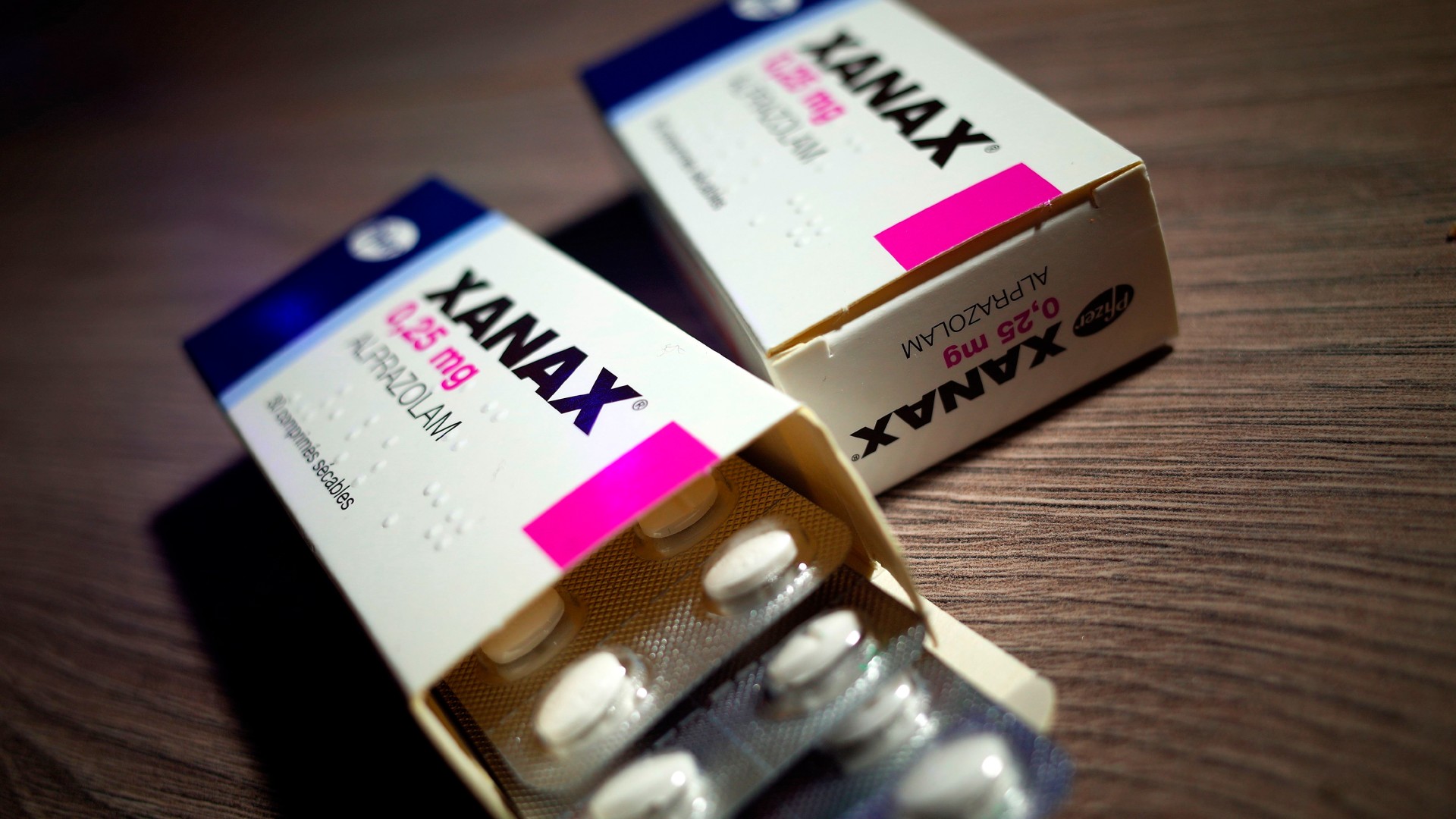
Benzos like Xanax may shrink the brain in the long term, study hints
By Emily Cooke published
A new study involving almost 5,500 people suggests that long-term benzodiazepine use may shrink parts of the brain involved in memory and mood regulation.
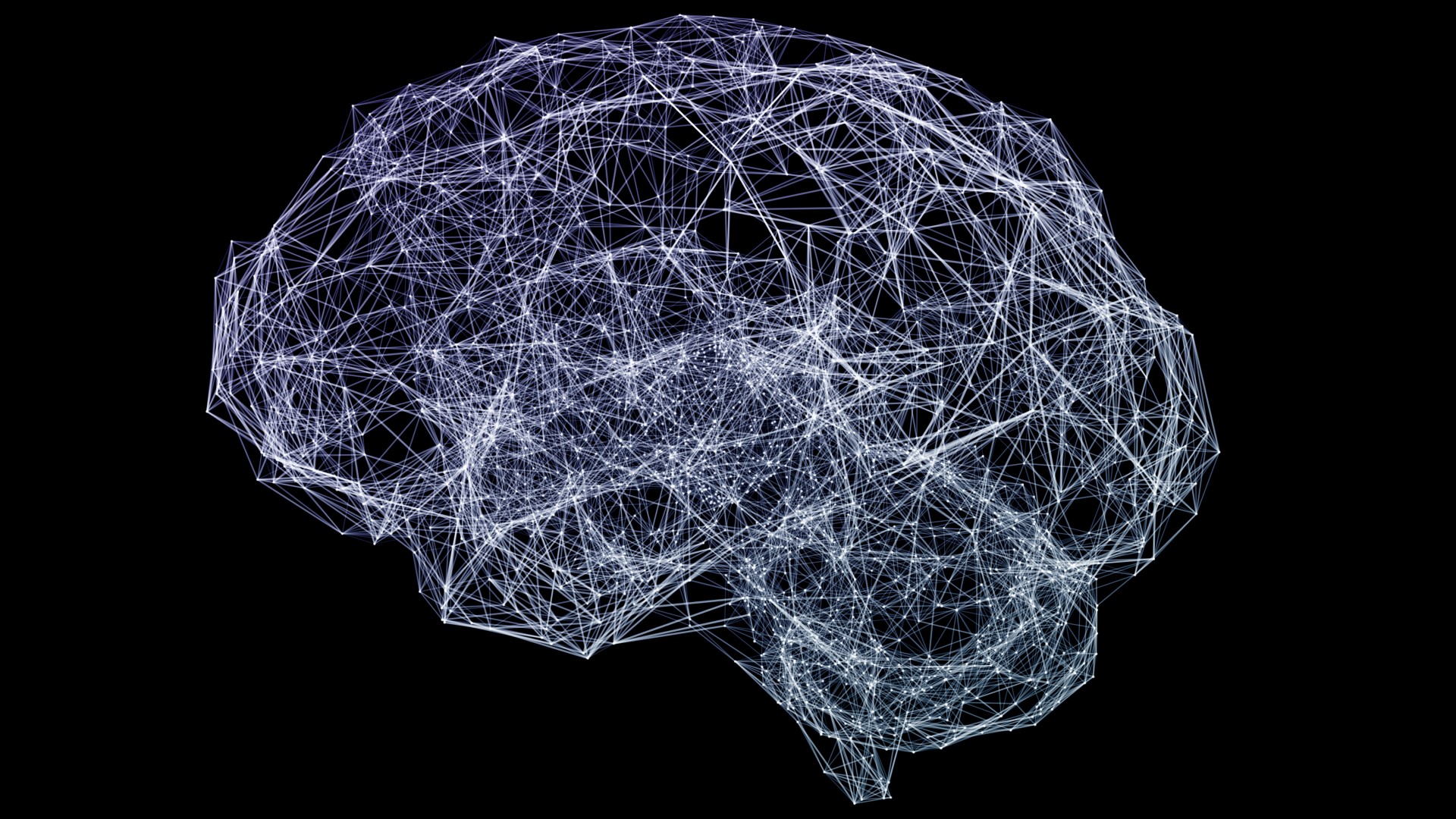
6 distinct forms of depression identified by AI in brain study
By Emily Cooke published
A new analysis of the brains of 800 people has revealed that there may be six distinct types of depression, with potential implications for treatment.

'When you improve nutrition, you reduce violence': Psychologist Kimberley Wilson on working in Europe's largest women's prison
By Sascha Pare published
Kimberley Wilson has worked in prisons and with patients from all walks of life. Her years of providing therapy suggest improved nutrition could be key to mental health and brain function.

Tinnitus often causes distress. A new app could help.
By Rebecca Sohn published
A new app could help make behavioral therapies aimed at easing distress from tinnitus more accessible, a small study suggests.
Sign up for the Live Science daily newsletter now
Get the world’s most fascinating discoveries delivered straight to your inbox.
